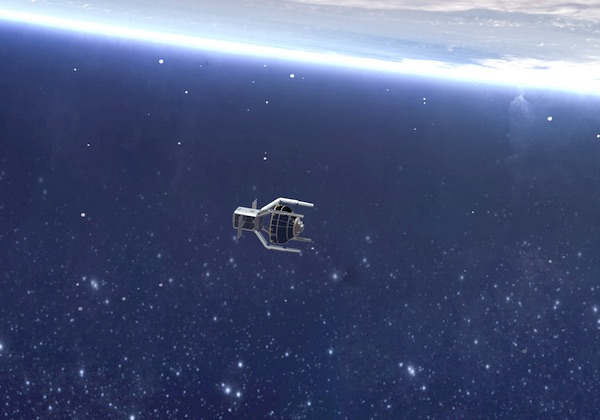The need for US leadership in remediating space debrisby Jessica Duronio
|
| American remediation rules will establish a precedent for the international community. Such rules are likely to be adopted by other spacefaring nations. |
Such rules are necessary because the use of Earth orbit is vital to US national security. Both space debris and the congestion of orbital space increase the risk of a major accident or disaster. Existing international guidelines are non-binding. There is no legal framework for the remediation of space debris under international law. So the United States needs to act first, to establish its own rules for the elimination of space junk.
American remediation rules will establish a precedent for the international community. Such rules are likely to be adopted by other spacefaring nations, as was the case with the United States Government Orbital Debris Mitigation Standard Practices. Domestic regulatory norms for the remediation of space debris may also serve as a foundation for international guidelines through the United Nations Committee on the Peaceful Uses of Outer Space.
American remediation rules will reduce potential liability for space accidents involving US debris. Under international law, the United States only has jurisdiction to authorize missions targeting American orbital debris. Removing such debris will reduce legal risk to US firms.
American remediation rules will demonstrate US technological prestige. They will drive US technological innovation required to meet the challenge of remediating space debris. The successful return of orbital debris will broaden and bolster the US space sector through the potential to offer remediation services or license new technology.
There are concerns that establishing regulatory norms for the remediation of space debris at a domestic level will fail to incentivize other spacefaring nations to adopt similar rules. While China and Russia oppose international guidelines on the remediation of space debris, US advances in establishing a domestic model of remediation will encourage Japan and the European Union to adopt their own. A growing international consensus will put pressure on China and Russia to adopt similar measures. A US precedent for a domestic remediation effort will promote international efforts to establish norms, making binding international agreements possible in the future.
The international community needs to take action to remove space junk to enable humanity’s unimpeded exploration of the cosmos. The world needs to come together in cooperation for the purposes of reclaiming the safety and security of space. It begins with the United States establishing rules for the remediation of space debris, a model that the international community can follow. One small step by the United States can lead to lasting change for the international community.
Note: we are temporarily moderating all comments submitted to deal with a surge in spam.
